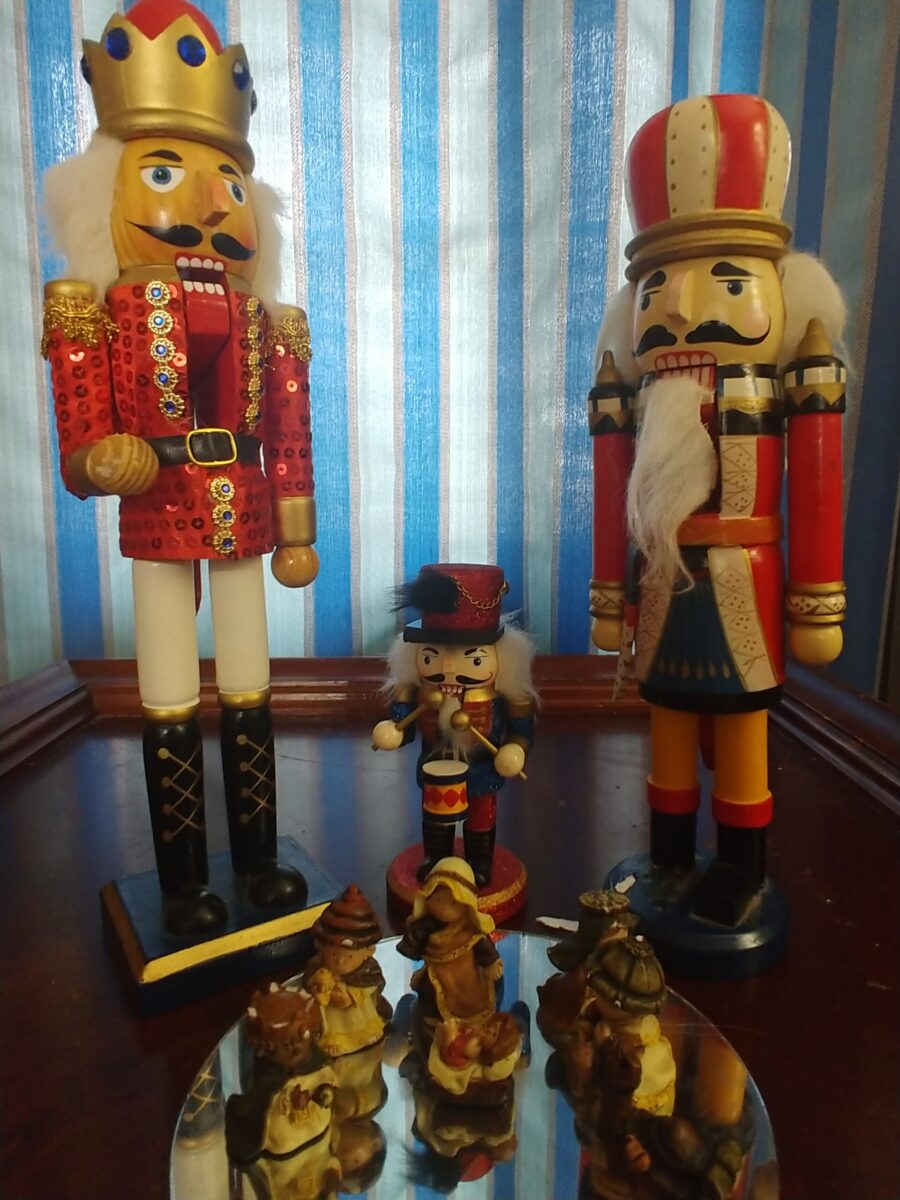
Christmas, that magical holiday that children and adults adore. Some look forward to visiting families. Others want gifts. While still others concentrate on Christmas as a celebration of Jesus. No matter how it’s celebrated, Christmas has become a worldwide holiday.
Christmas means mass on Christ’s day or the church meeting on Christ’s day. Christians celebrate Christmas as the birth day of Jesus. Most historians and scientists have pointed out that the birth of Jesus most likely happened in the spring, not winter. Yet, Christmas is still celebrated in the middle of winter.
Creation of Christmas
Early in the Christian church, Christians did not celebrate the birth of Christ, focusing mostly on Easter. Historians have submitted several thoughts on how Christmas became such a big deal. The main idea on the history of Christmas says that it started out Pagan.
One thought says that the Catholic Church appropriated a pagan holiday as a way for more people to accept it. In the early A.D. centuries, many people celebrated for several weeks at the end of December. They celebrated the death and rebirth of the sun or harvest. Also, some people slaughtered cattle that they didn’t want to feed all winter, so they had a plethora of meat.
It seems that the Pope at the time decided to declare this celebration as a celebration of the birth of Christ. Still, the church emphasized celebrating Easter, Christ’s crucifixion, over Christmas. Though, Christmas grew in importance the history of Christmas has some hiccups.
In the 17th century, the Puritans felt that people celebrated Christmas too decadently. To stop the decadence, Puritans in leadership positions banned Christmas. The people did not like that and demanded its reinstatement as soon as the Puritan leaders had been ousted.
The History of Christmas in the New World
Europeans, especially Britain, brought the tradition of Christmas to America. Though early one the Pilgrims outlawed Christmas. They fined anyone caught celebrating. Later, after the Revolutionary War, many European traditions fell out of favor and very few people still celebrated Christmas.
Finally, in the 19th century, people again began to celebrate Christmas. This time they changed the holiday to be more family-centered. Americans embraced the holiday, asking immigrants about traditions. Then they combined their favorites and made their own traditions. These traditions grew into Christmas today
Leave a Reply